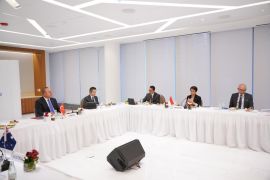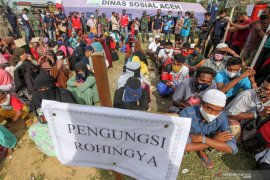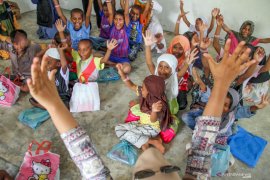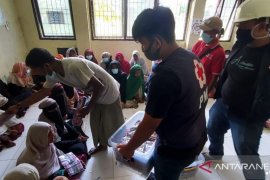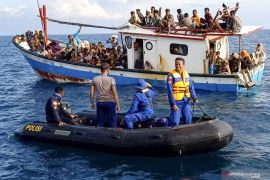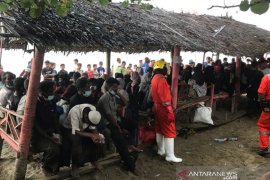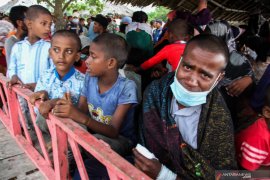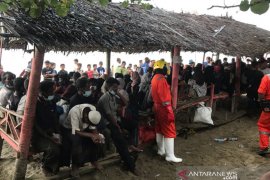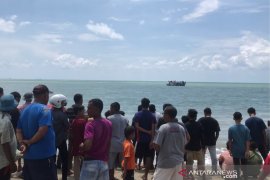"The government and concerned UN agencies must ensure that Myanmar abides by the International Court of Justice's orders," associate international justice director at HRW, Param-Preet Singh, noted in a statement released from the official website of HRW in Jakarta on Friday.
The ICJ’s order follows a suit filed by The Gambia, on November 11, alleging that Myanmar's military actions in Rakhine state had violated the Convention on the Prevention and Punishment of the Crime of Genocide.
The ICJ held a hearing at the request of The Gambia in December.
The ICJ order to take provisional measures is legally binding on the parties. In November, Myanmar had explicitly recognized the ICJ’s authority and in December, Aung San Suu Kyi, representing Myanmar before the ICJ in her capacity as foreign minister, had acknowledged the court’s role as a “vital refuge of international justice.”
The court unanimously ordered Myanmar to prevent all acts under article 2 of the Genocide Convention, ensure that its military does not commit genocide, and adopt effectual measures to preserve evidence related to the underlying genocide case.
The court has also ordered Myanmar to report on its implementation of the order in four months and thereafter every six months.
The order does not prejudge the question of the court’s jurisdiction to deal with the merits of the case, the case’s admissibility before the court, or the merits of The Gambia’s allegation that Myanmar has violated provisions of the Genocide Convention. A case before the ICJ can take years to reach a resolution.
Under article 41(2) of the ICJ Statute, the court’s orders to take provisional measures are automatically sent to the UN Security Council. Such an order will step up pressure on the council to take concrete action in Myanmar, including through a binding resolution to address some of the indicators of genocidal intent outlined in the comprehensive 2018 report of the international fact-finding mission.
For instance, the Security Council could pass a resolution directing Myanmar to lift restrictions on Rohingyas’ freedom of movement, abolish unnecessary restrictions on humanitarian access to Rakhine State, repeal discriminatory laws, and ban practices that limit Rohingya access to education, health care, and livelihoods.
The Security Council has yet to take significant action on Myanmar, in part because of Russia and China’s apparent inclination to use their vetoes to shield Myanmar’s government and military.
“The ICJ order brings increased scrutiny of Myanmar’s horrific brutality against the Rohingya and raises the political cost of the UN Security Council’s weak response to the crisis so far,” Singh noted.
“China and Russia should stop blocking the Security Council from taking action to protect the Rohingya,” Singh emphasized.
Other UN bodies should take steps to reinforce the order, the HRW stated.
The UN Human Rights Council and the UN General Assembly could pass resolutions calling on Myanmar to comply with its terms. This could spur other nations to take concrete action in their bilateral relations with Myanmar.
In filing the genocide case, The Gambia has the backing of 57 members of the Organisation of Islamic Cooperation. On December 9, 2019, the governments of Canada and the Netherlands, both parties to the Genocide Convention, announced that they considered it “their obligation to support The Gambia before the ICJ, as it should concern all of humanity.”
Related news: Myanmar takes cognizance of ICJ verdict on Rohingya
Related news: Greater role of ASEAN expected in addressing Rohingya ethnic cleansing
Reporter: Azis Kurmala
Editor: Yuni Arisandy Sinaga
Copyright © ANTARA 2020

